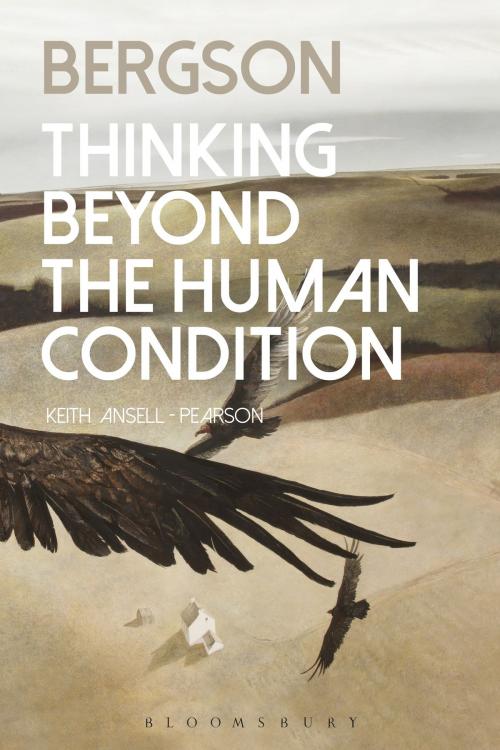Bergson
Thinking Beyond the Human Condition
Fiction & Literature, Literary Theory & Criticism, Nonfiction, Religion & Spirituality, Philosophy| Author: | Professor Keith Ansell Pearson | ISBN: | 9781350043978 |
| Publisher: | Bloomsbury Publishing | Publication: | February 22, 2018 |
| Imprint: | Bloomsbury Academic | Language: | English |
| Author: | Professor Keith Ansell Pearson |
| ISBN: | 9781350043978 |
| Publisher: | Bloomsbury Publishing |
| Publication: | February 22, 2018 |
| Imprint: | Bloomsbury Academic |
| Language: | English |
A thought-provoking contribution to the renaissance of interest in Bergson, this study brings him to a new generation of readers. Ansell-Pearson contends that there is a Bergsonian revolution, an upheaval in philosophy comparable in significance to those that we are more familiar with, from Kant to Nietzsche and Heidegger, that make up our intellectual modernity.
The focus of the text is on Bergson's conception of philosophy as the discipline that seeks to 'think beyond the human condition'. Not that we are caught up in an existential predicament when the appeal is made to think beyond the human condition; rather that restricting philosophy to the human condition fails to appreciate the extent to which we are not simply creatures of habit and automatism, but also organisms involved in a creative evolution of becoming.
Ansell-Pearson introduces the work of Bergson and core aspects of his innovative modes of thinking; examines his interest in Epicureanism; explores his interest in the self and in time and memory; presents Bergson on ethics and on religion, and illuminates Bergson on the art of life.
A thought-provoking contribution to the renaissance of interest in Bergson, this study brings him to a new generation of readers. Ansell-Pearson contends that there is a Bergsonian revolution, an upheaval in philosophy comparable in significance to those that we are more familiar with, from Kant to Nietzsche and Heidegger, that make up our intellectual modernity.
The focus of the text is on Bergson's conception of philosophy as the discipline that seeks to 'think beyond the human condition'. Not that we are caught up in an existential predicament when the appeal is made to think beyond the human condition; rather that restricting philosophy to the human condition fails to appreciate the extent to which we are not simply creatures of habit and automatism, but also organisms involved in a creative evolution of becoming.
Ansell-Pearson introduces the work of Bergson and core aspects of his innovative modes of thinking; examines his interest in Epicureanism; explores his interest in the self and in time and memory; presents Bergson on ethics and on religion, and illuminates Bergson on the art of life.















